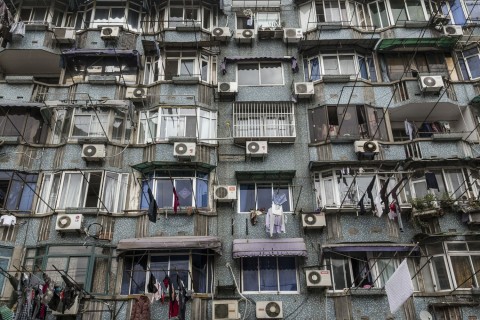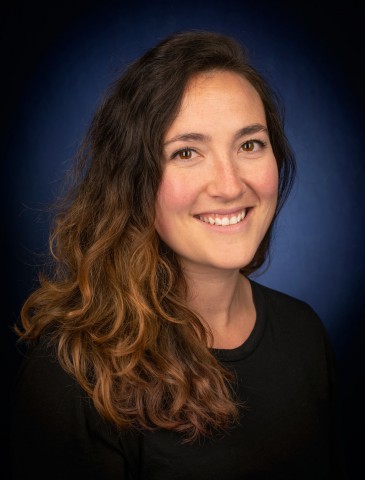Capstone Presentation: Residential cooling load impacts on Brazil's electricity demand
Abstract:

Brazil’s growing middle class, electrification rates, and urbanization has led to a significant uptick in residential appliance adoption. Air conditioner usage, increasingly relevant to both average and system peak demand, will have strong environmental and economic impacts to the country as a whole. With nearly every Brazilian household connected to the centralized electricity grid, increasing temperatures, higher incomes, and vulnerability from reduced energy supply; residential cooling demand will have a large impact on Brazilian electricity grid reliability and whether or not the country will be able to meet both environmental and efficiency goals. Though Brazil’s air conditioner impacts have been referenced anecdotally, most detailed studies of cooling demand are focused on countries such as the U.S. This study increases temporal resolution to hourly grid impacts as well as improving spatial granularity to municipality-level climate and air conditioner adoption predictions. The paper is split into two parts with separate models. The first outlines a econometric model that utilizes census data (municipality urbanization, household density, household income) and downscaled global climate model results (humidity, temperature) to project each municipality’s household air conditioner adoption rate showing an increase of 44.6% between 2000 to 2010 in households with air conditioners, specifically in municipalities with hot climates and high average incomes. The second part aggregates adoption numbers up to five regional levels to match each region’s hourly grid data with three-hourly climate data to closely study how the air conditioner peak impacts grid requirements at various temporal levels. Though this paper is specific to Brazil, it highlights a potential future for other fast-developing countries in warm regions pertaining to energy demand, grid reliability, and environmental consequences.
Bio:

Sydney Prince Forrester
Sydney P. Forrester is a Dual M.S./M.S.E. Sustainable Energy Systems student with the University of Michigan’s School for the Environment and Sustainability as well as Mechanical Engineering. Sydney received a B.A. in Mathematics and a B.S. in Earth and Environmental Engineering from Columbia University. Following that, she worked for two years in the utility industry focusing on sustainable energy programs on the grid edge with programs spanning low-income community solar, alternative financing mechanisms, and demand side management. Sydney’s current research focuses on energy equity and climate change impacts on power systems.